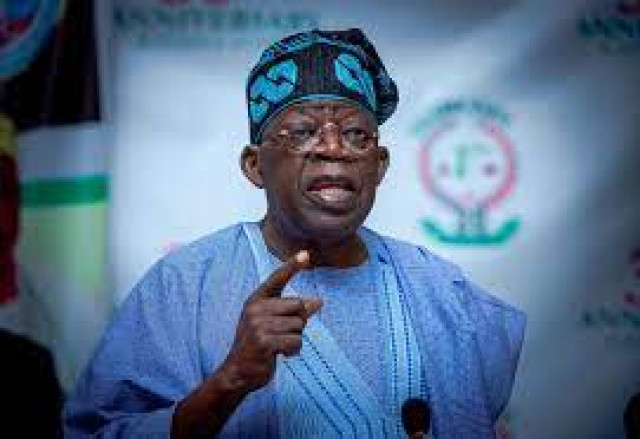The Socio-Economic Rights and Accountability Project has called on President Bola Tinubu to publicly reveal the terms and expenditure details of loans acquired by the Nigerian government under past presidents since May 1999.
SERAP urged Tinubu to instruct relevant government ministries, departments, and agencies to furnish the organization with copies of the loan agreements secured during the administrations of former Presidents Olusegun Obasanjo, Umaru Yar'Adua, Goodluck Jonathan, and Muhammadu Buhari.
This was disclosed in a statement issued by the organisation’s Deputy Director, Kolawole Oluwadare, which was made available to Journalist on Sunday.
SERAP lamented that the details provided may help to explain why “despite several billions of dollars in loans obtained by successive governments, millions of Nigerians continue to face extreme poverty and lack access to basic public goods and services.”
SERAP demanded that Tinubu establish an “independent audit on the spending of the loans obtained by the governments of the former presidents,” and make its results available to the public.
“Democracy requires accountability and accountability requires transparency.
“Nigerians are entitled to information about what their government is doing in their name. This is part of their right to information,” SERAP said.
The statement noted that publishing the agreements and details of spending of the said loans “would demonstrate” Tinubu’s often expressed commitment to openness in government and to promote accountability,” adding that it would also “improve public accountability” in the MDAs.
It noted that Tinubu’s administration “has a responsibility to ensure transparency and accountability in how any loans obtained by the Federal Government are spent, to reduce vulnerability to corruption and mismanagement.”
“Our requests are brought in the public interest, and in keeping with the requirements of the Nigerian Constitution 1999 [as amended], the Freedom of Information Act, and the UN Convention against Corruption, the International Covenant on Civil and Political Rights and the African Charter on Human and Peoples’ Rights to Nigeria is a state party.
“The Nigerian Constitution, Freedom of Information Act, and the country’s anti-corruption and human rights obligations rest on the principle that citizens should have access to information regarding their government’s activities,”




















